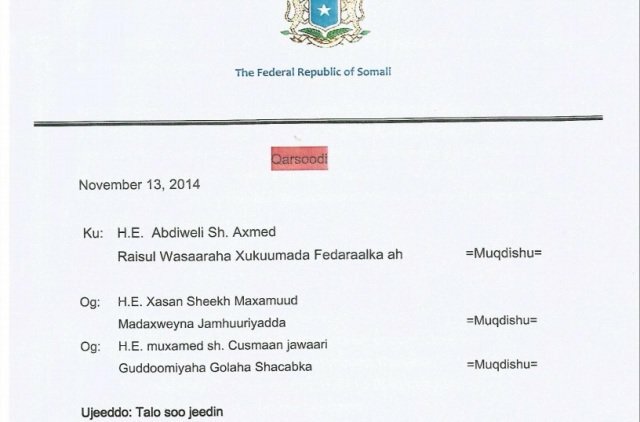Nadifa Mohamed’s ‘Orchard of Lost Souls’
Daughters of Revolution
 Nadifa Mohamed’s second novel, “The Orchard of Lost Souls,” could have used this observation as its starting point. Setting the book in the late 1980s, she takes not one but three women who are alone and places them at the heart of the Somali civil conflict — in other words, in the very eye of the sun.
Nadifa Mohamed’s second novel, “The Orchard of Lost Souls,” could have used this observation as its starting point. Setting the book in the late 1980s, she takes not one but three women who are alone and places them at the heart of the Somali civil conflict — in other words, in the very eye of the sun.
Mohamed, who was named last year as one of Granta’s Best of Young British novelists, won the Betty Trask Prize and received numerous award nominations for her first novel, “Black Mamba Boy,” in which she transformed into fiction the true story of her father’s childhood journey across East Africa, then under the control of Mussolini’s forces. Mohamed has set her second novel in Hargeisa (now in the autonomous territory of Somaliland), where she lived for the first five years of her life until her family was forced to leave in 1986. This time she turns to the narratives of women — born with fewer choices and facing many more risks than men in a nation at war — who must find ways to resist becoming mere smears of grease.
The book opens on the 18th anniversary of the revolution that brought the military dictator to power. Kawsar is a well-off widow in her late 50s; she and her friends are up early and on their way to the stadium, to the sound of the loudhailers of the Guddi, foot soldiers of the revolution. Deqo, a girl born in a refugee camp to an unknown woman who abandoned her, is on her way to the stadium to dance in honor of the dictator, for which she will receive a new pair of shoes. Lastly, there is Filsan, a young soldier seconded to Hargeisa to suppress the rebellion in the north and, on this particular day, to oversee events at the stadium. Each woman, perhaps somewhat predictably, represents a different class and age. Filsan has dedicated her life to upholding the values of the revolution, for which she has forgone husband and family; Kawsar’s husband was the chief of police, until he refused to be corrupted and was pushed from his position; Deqo is the innocent for whom politics seem meaningless.
NEW YORK TIMES
Comments
comments
 Calendar
Calendar




































